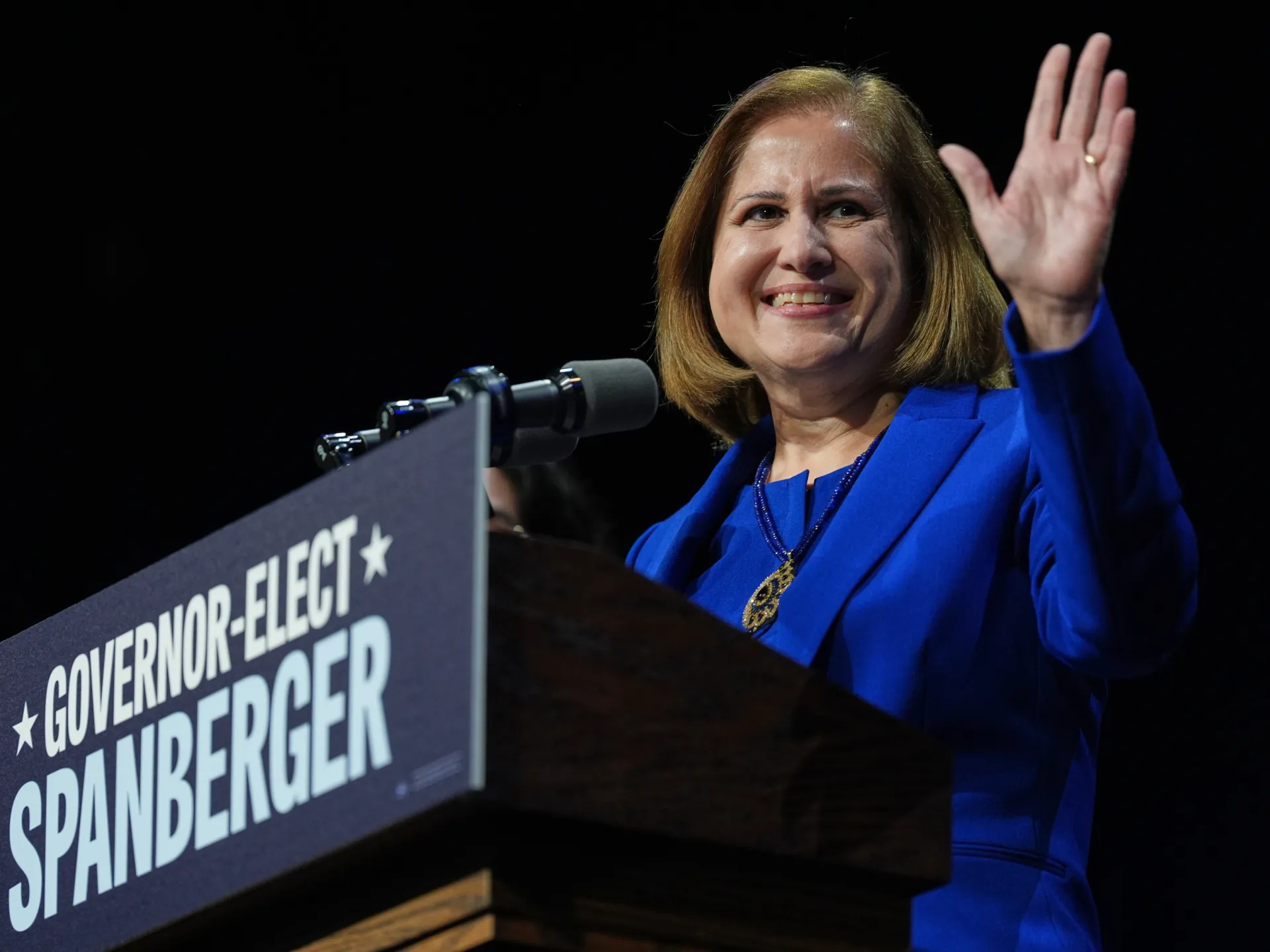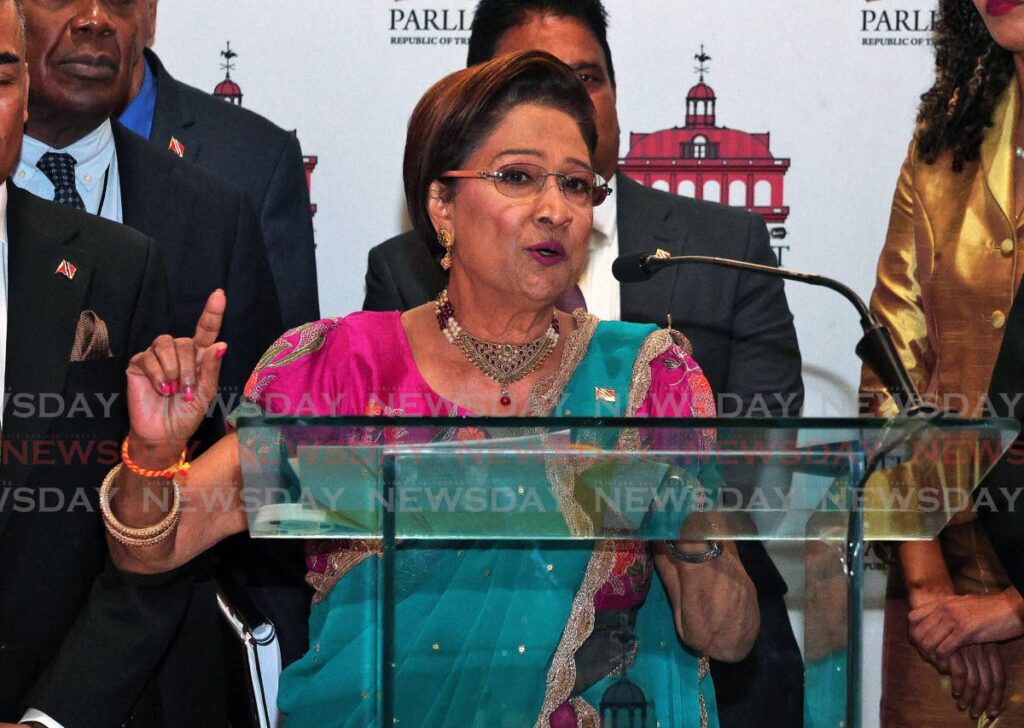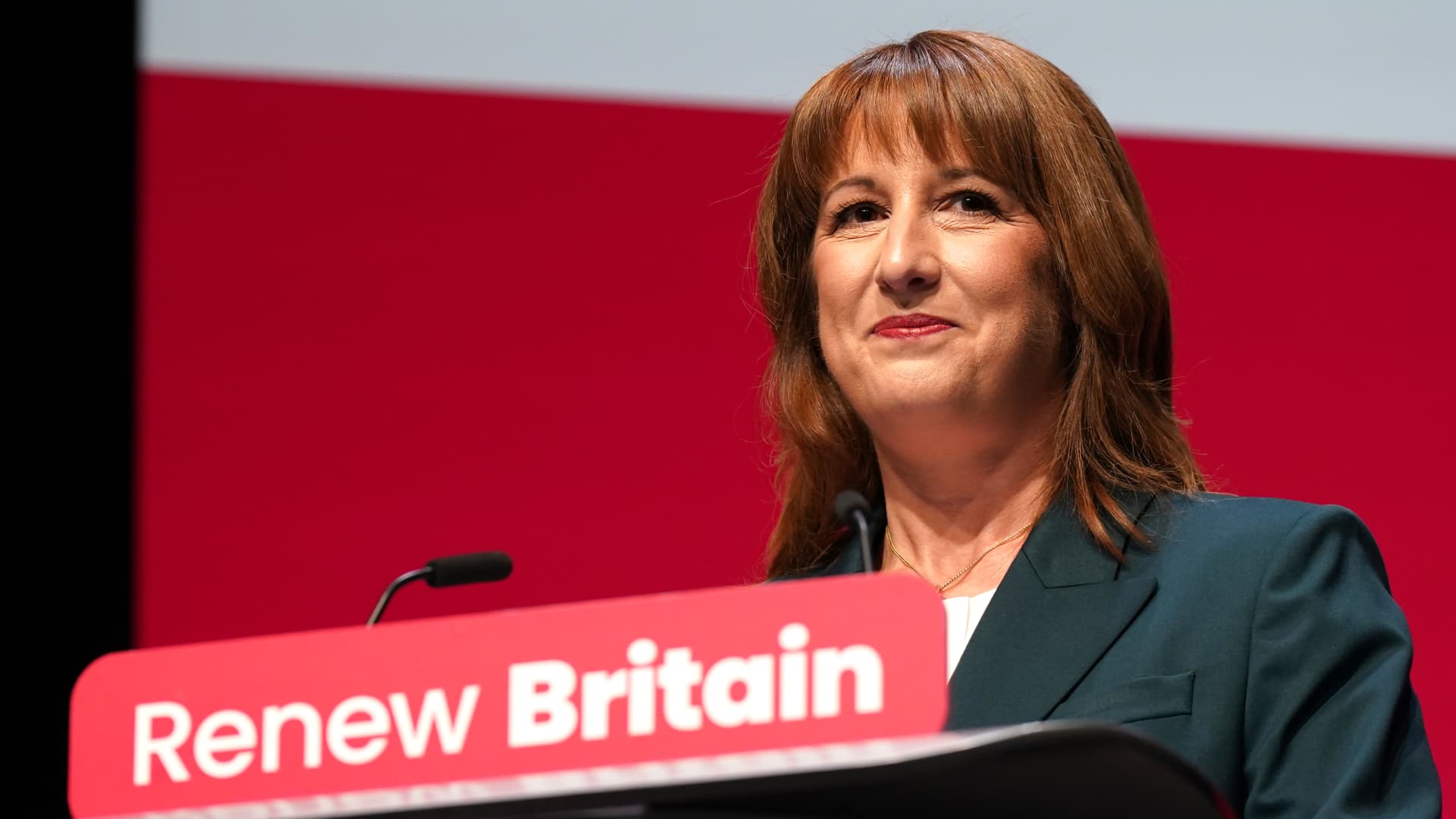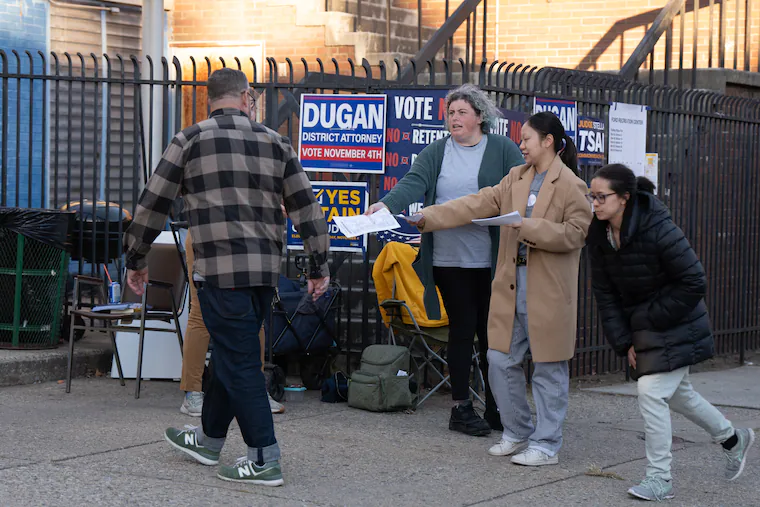Copyright The Boston Globe

FINANCE SoftBank, the Japanese technology giant, has staked its future on artificial intelligence. But to help pay for those expensive investments, the company last month sold its entire $5.8 billion holdings in Nvidia, the chipmaker behind the AI boom, SoftBank said in its quarterly earnings report Tuesday. SoftBank’s enormous spending plans, including some $30 billion alone on OpenAI, come amid a flood of planned investments in AI across the technology industry — including circular deals among the same companies. News that SoftBank, an influential technology investor, was getting out of one of the biggest names in AI stoked concern among some investors that the rally in AI stocks was overdone. A new skeptic of the boom appeared Monday: Michael Burry, the hedge fund manager made famous by the book and the movie “The Big Short,” questioned on social media the accounting for tech giants’ huge purchases of computer chips. But SoftBank’s reason for the sale was purely pragmatic, according to its chief financial officer, Yoshimitsu Goto. “We do need to divest our existing portfolio so that, that can be utilized for our financing,” he told analysts. “It’s nothing to do with Nvidia itself.” — NEW YORK TIMES ARTIFICIAL INTELLIGENCE The tech industry is moving fast and breaking things again — and this time it is humanity’s shared reality and control of our likeness before and after death — thanks to artificial intelligence image-generation platforms like OpenAI’s Sora 2. The typical Sora video, made on OpenAI’s app and spread onto TikTok, Instagram, X and Facebook, is designed to be amusing enough for you to click and share. But a growing chorus of advocacy groups, academics and experts are raising alarms about the dangers of letting people create AI videos on just about anything they can type into a prompt, leading to the proliferation of nonconsensual images and realistic deepfakes in a sea of less harmful “AI slop.” OpenAI has cracked down on AI creations of public figures — among them, Michael Jackson, Martin Luther King Jr., and Mister Rogers — doing outlandish things, but only after an outcry from family estates and an actors’ union. The nonprofit Public Citizen is now demanding OpenAI withdraw Sora 2 from the public, writing in a Tuesday letter to the company and CEO Sam Altman that the app’s hasty release so that it could launch ahead of competitors shows a “consistent and dangerous pattern of OpenAI rushing to market with a product that is either inherently unsafe or lacking in needed guardrails.” Sora 2, the letter says, shows a “reckless disregard” for product safety, as well as people’s rights to their own likeness and the stability of democracy. The group also sent the letter to the US Congress. OpenAI didn’t immediately respond to a request for comment Tuesday. “Our biggest concern is the potential threat to democracy,” said Public Citizen tech policy advocate J.B. Branch in an interview. “I think we’re entering a world in which people can’t really trust what they see. And we’re starting to see strategies in politics where the first image, the first video that gets released, is what people remember.” — ASSOCIATED PRESS LEGAL Federal prosecutors want to retry two brothers accused of stealing approximately $25 million of cryptocurrency from traders on the Ethereum blockchain. Government attorneys asked US District Judge Jessica Clarke in Manhattan to schedule a new fraud trial as soon as February against James and Anton Peraire-Bueno, both recent graduates of Massachusetts Institute of Technology, according to a court filing late Monday. Clarke declared a mistrial last week after jurors were unable to return a verdict following three days of deliberations. The jury told the judge the case had taken an emotional toll on them, adding that some jurors spontaneously broke down in tears during deliberations. Prosecutors hoped the case would clarify rules of the road in one of the crypto world’s darker corners, but the hung jury illustrates the challenge of bringing a complex crypto case to trial. The government must educate jurors on the facts of the case and explain how the brothers’ actions apply to the law. — BLOOMBERG NEWS SHOPPING At this time in 2024, Ash Harbor’s hardwood whiskey dispensers and ThinkFit’s meal prep containers were 10 percent to 20 percent off. This year, they’re full price. Shoppers have tariffs to thank for that, according to Dan Peskorse, owner of the parent company that sells the products. Upstream Brands, which offers merchandise on Amazon.com Inc. and other websites, typically brings in as much as 35 percent of its annual revenue during the holiday season. It sources from countries impacted by the Trump administration’s new levies. So now, a copper herb stripper that last year would have been less than $20, costs about $30 due to US tariffs on metals. “It just doesn’t make financial sense for us to offer discounts because our costs of goods are so high because of the tariffs,” Peskorse said. “Our concern is that the general public is just a little cash strapped and is pulling back in general. It’s a bit of a perfect storm.” Companies from upscale handbag brand Coach to wellness-device maker Therabody are among those pulling back on promotions — although not always for the same reasons. Many are citing tariffs and inflation, while others are trying to keep up their cachet with shoppers. “This is a very strange year for holiday,” said Sonia Lapinsky, leader of fashion retail at AlixPartners, citing “a lot of challenge on the retail front.” While many companies absorbed the first wave of tariffs, now they “just don’t have the room” to offer the the same discounts as past years, she added. — BLOOMBERG NEWS



